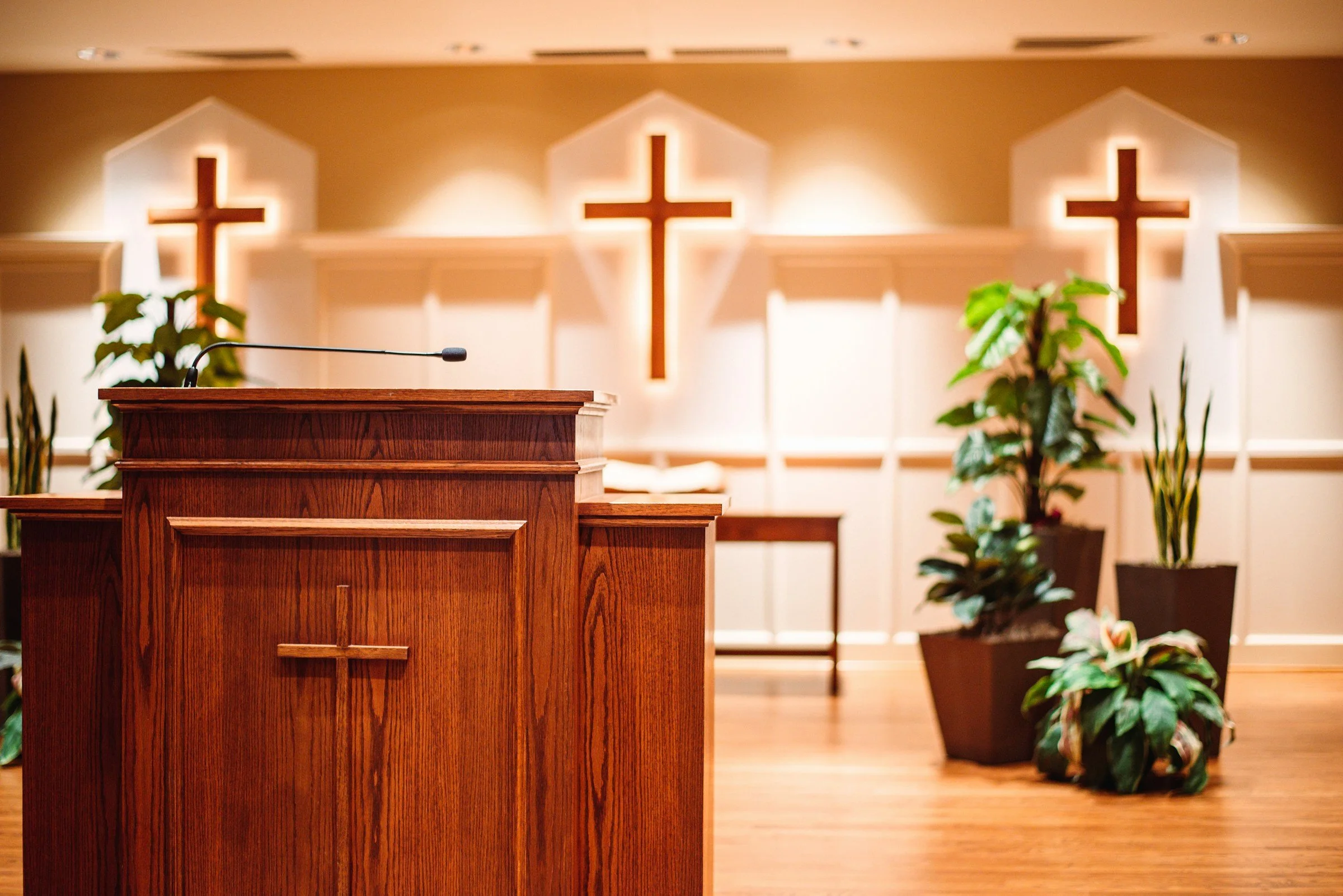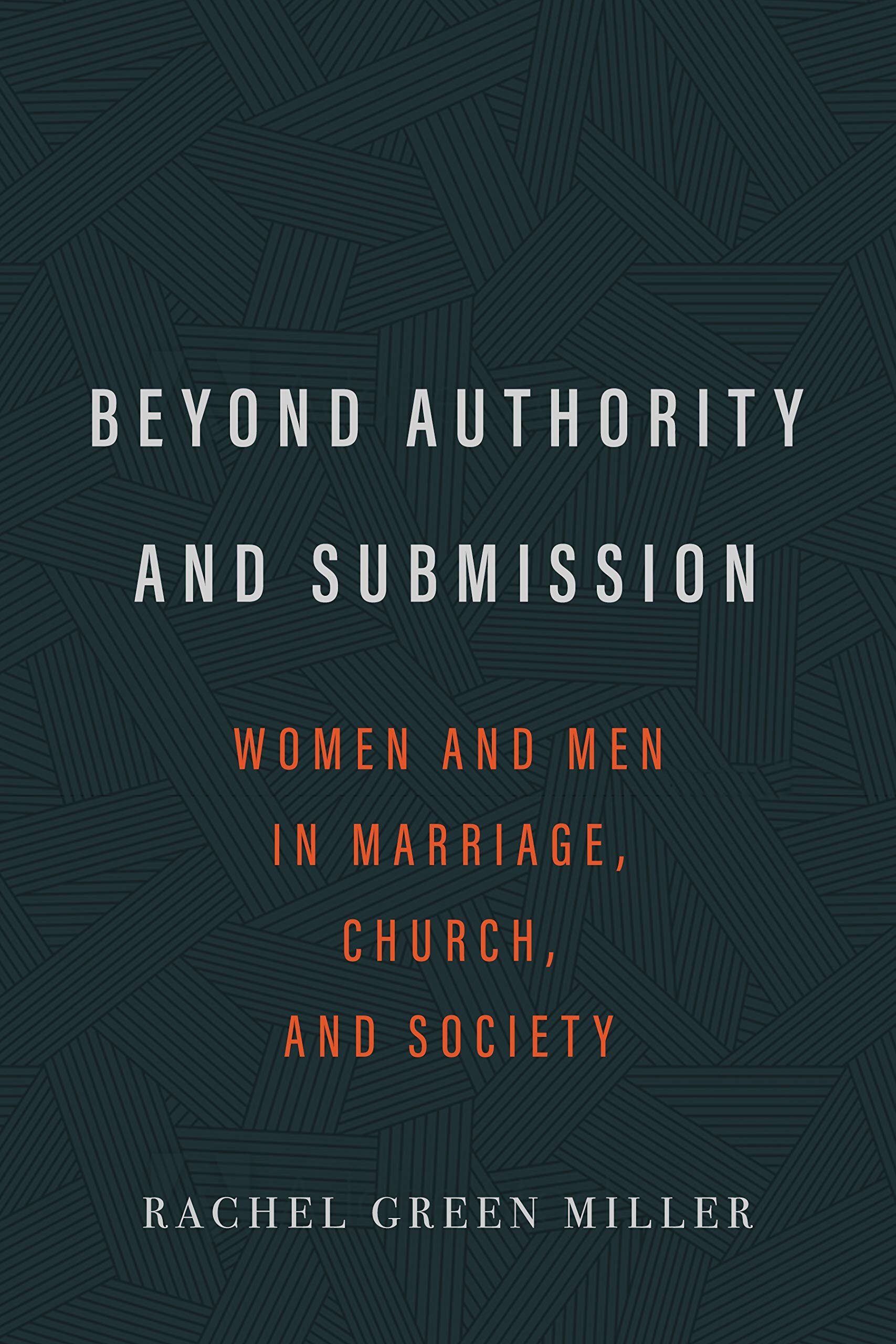Most of the debate today over the role of women in the church centers around 1 Timothy 2:12, where Paul prohibits women from “teaching” or “exercising authority” over men and instead commands them to “remain quiet.” Based on a variety of arguments, egalitarians conclude that 1 Timothy 2:12 does not prohibit women today from serving as pastors or elders or preaching to men. However, among those that hold 1 Timothy 2:12 does place restrictions on women in the church today (often called “complementarians”), there are differing conclusions.
Complementarian Disagreements
The narrowest complementarian position holds that 1 Timothy 2:12 only prohibits women from holding the office of pastor or elder, which would open the door to some women preaching. However, since Paul prohibits teaching and exercising authority and not just being a pastor, most complementarians understand Paul to prohibit women from performing tasks and not just holding office. Yet interpretations vary regarding which tasks are prohibited. The narrowest complementarian position here holds that 1 Timothy 2:12 only prohibits women from engaging in an “authoritative teaching” to men, and thus women may teach theology to men as long as it is under the authority of the (male) elders (the position of Tim and Kathy Keller, following the grammatical argument of egalitarian Phillip Payne).
But assuming these are separate tasks of “teaching” and “exercising authority” in 1 Timothy 2:12 (as Andreas Köstenberger has argued in Women in the Church), then it becomes a question of when and where the prohibition applies. It at least refers to women teaching or preaching in the public worship assembly. However, many complementarians argue that because the principle is rooted in creation— “For Adam was formed first, then Eve” (1 Timothy 2:13)—this means women should not teach Scripture or theology to groups of men in any public forum, whether Sunday school or the seminary classroom.
Yet even among complementarians who make this broader application of 1 Timothy 2:12, there is still debate over whether women may read Scripture and lead prayer in public worship. This is because 1 Timothy 2:12 targets women “teaching” men, not reading or praying. In response, one may argue that reading Scripture is an extension of “teaching” Scripture and that both reading Scripture and leading prayer are forms of “exercising authority” prohibited by women in 1 Timothy 2:12. However, these arguments could be strengthened significantly by bringing in a similar passage of Scripture to the debate.
Bringing Back 1 Corinthians 14:34-35
Do not get me wrong—debates over the meaning and application of 1 Timothy 2:12 are worth having. But they are hindered by the dismissal of 1 Corinthians 14:34-35. This latter passage is often still mentioned, but not in relation to 1 Timothy 2:12. While egalitarians tend to argue either 1 Corinthians 14:34-35 is an interpolation and not part of Scripture (Gordon Fee, Philip Payne) or Paul is quoting the Corinthians (Lucy Peppiatt), most complementarians have adopted the interpretation that 1 Corinthians 14:34-35 only prohibits women from evaluating prophesy (promoted by D. A. Carson in Recovering Biblical Manhood and Womanhood). Thus, most egalitarians and complementarians limit the debate over the involvement of women in public worship to 1 Timothy 2:12.
However, Reformed theologians historically held that 1 Corinthians 14:34-35 is a parallel passage to 1 Timothy 2:12. The reason can be seen when the language of the two passages is compared:
the women should keep silent in the churches. For they are not permitted to speak, but should be in submission, as the Law also says. If there is anything they desire to learn, let them ask their husbands at home. For it is shameful for a woman to speak in church.
(1 Corinthians 14:34-35)
Let a woman learn quietly with all submissiveness. I do not permit a woman to teach or to exercise authority over a man; rather, she is to remain quiet. For Adam was formed first, then Eve; and Adam was not deceived, but the woman was deceived and became a transgressor.
(1 Timothy 2:11-14)
The similarities between these passages can be summarized as follows:
Both use the word “permit” (ἐπιτρέπω) with a negation—women are not permitted to “speak” in 1 Corinthians 14:34, while women are not permitted to “teach” or “exercise authority” in 1 Timothy 2:12.
Both require women to refrain from speaking—women are to be “silent” (σιγάω) in 1 Corinthians 14:34, while women are to remain “quiet/silent” (ἐν ἡσυχία) in 1 Timothy 2:11, 12.
Both require women’s submission—women “should be in submission” (ὑποτασσέσθωσαν) in 1 Corinthians 14:34, while women are to “learn quietly with all submissiveness” (ἐν πάσῃ ὑποταγῇ) in 1 Timothy 2:11.
Both place restrictions on women’s learning—women are to “ask their husbands at home” if they desire to “learn” (μαθεῖν) anything in 1 Corinthians 14:35, while women are to “learn” (μανθανέτω) quietly with all submissiveness in 1 Timothy 2:11.
Both appeal to the creation order—Paul references “the Law” in 1 Corinthians 14:34 (probably a reference to Genesis 1–3), and he references Adam being formed first and Eve being deceived in 1 Timothy 2:13-14.
If one adopts the position that 1 Timothy 2:8-15 prohibits women from teaching or exercising authority over men (as most complementarians do), it is hard to conclude from the similarities between these passages that 1 Corinthians 14:34-35 only prohibits women from something like evaluating prophecy. That both passages require women to be submissive and quiet/silent in worship supports 1 Corinthians 14:34-35 at least prohibiting women from teaching in public worship, if not from all public speech such as reading Scripture and leading prayer.
Reformed Theologians on 1 Corinthians 14:34-35
Narrow views of 1 Corinthians 14:34-35 have opened the door to minimizing the force of 1 Timothy 2:8-15. However, this is much harder to do when the two passages are understood to be parallels. Prior to the modern day, Reformed theologians consistently held that 1 Corinthians 14:34-35 is a parallel passage to 1 Timothy 2:12 in prohibiting women from preaching, teaching, and exercising authority in public worship. This can be seen in the following examples.
Heinrich Bullinger (1504–1575), the Swiss Reformer, said “women are forbidden to minister in the church,” which meant “they are by no means permitted to teach.” In support of this conclusion, Bullinger cited 1 Timothy 2:12 and said, “The same law is repeated of the same apostle, the first to the Corinthians and fourteenth chapter, and is confirmed by God’s law” (Decades, 2:370).
John Knox (1513–1572), the Scottish Reformer, appealed to 1 Timothy 2:12 and said Paul “speaks more plainly in another place in these words: ‘Let women keep silence in the congregation,’” a citation of 1 Corinthians 14:34 (The First Blast of the Trumpet, in Works of John Knox, 4:379).
William Gouge (1575–1653), the English theologian and member of the Westminster Assembly, placed the two passages next to each other in his commentary on Hebrews—“Did that God (who by the mouth of his Apostle said once and again, It is not permitted unto women to speak or to teach, 1 Cor. 14.34. 1 Tim. 2.12.) did he appoint such?”
Gisbertus Voetius (1589–1676), the Dutch theologian and member of the Synod of Dort, said, “it is not permitted for a woman to speak or preside in church.” Though affirming women should be equally admitted to “public, private, and semiprivate” religious exercises, Voetius said, “There is only the exception that they may not speak in church (1 Timothy 2:12 and 1 Corinthians 14:34), that is, they may not perform a public office of teaching; nor may they cast votes together with men in the exercise of government and discipline in the church” (van Schurman, Whether a Christian Woman Should Be Educated, 130, 134). (The Latin cites 1 Corinthians 15:34, but surely he meant 14:34.)
B. B. Warfield (1851–1921), the Princeton Seminary professor, said of 1 Corinthians 14:34-35—“It would be impossible for the apostle to speak more directly or more emphatically than he has done here. He requires women to be silent at the church meetings.” He then said, “The passage in 1 Timothy 2:11ff. is just as strong, although it is more particularly directed to the specific case of public teaching or ruling in the church” (“Paul on Women Speaking in Church”).
Thus, we see that Bullinger, Knox, Gouge, Voetius, and Warfield all held 1 Corinthians 14:34-35 to parallel 1 Timothy 2:12, with both prohibiting women from at least preaching and teaching, if not all public speaking, in public worship. And as seen below, we can add Calvin and Hodge to this already-impressive list.
Reconciling 1 Corinthians 11:5
As for 1 Corinthians 11:5 (“but every woman who prays or prophesies…”), the Reformed had different ways of reconciling this with 1 Corinthians 14:34-35. They did not start with the uncertain meaning of 11:15 to interpret 14:34-35, as is so often done today. Rather, they considered 1 Corinthians 14:34-35 to be the clearer passage and one that parallels 1 Timothy 2:12. John Calvin (1509–1564), who understood 1 Corinthians 14:34-35 to include a broad prohibition of women speaking publicly, appealed to both the public/private worship and delayed-condemnation solutions in commenting on 1 Corinthians 11:5:
It may seem, however, to be superfluous for Paul to forbid the woman to prophesy with her head uncovered, while elsewhere he wholly prohibits women from speaking in the Church (1 Timothy 2:12). It would not, therefore, be allowable for them to prophesy even with a covering upon their head, and hence it follows that it is to no purpose that he argues here as to a covering. It may be replied, that the Apostle, by here condemning the one, does not commend the other. For when he reproves them for prophesying with their head uncovered, he at the same time does not give them permission to prophesy in some other way, but rather delays his condemnation of that vice to another passage, namely in chapter 14. In this reply there is nothing amiss, though at the same time it might suit sufficiently well to say, that the Apostle requires women to show their modesty—not merely in a place in which the whole Church is assembled, but also in any more dignified assembly, either of matrons or of men, such as are sometimes convened in private houses (Commentary on the Epistles of Paul the Apostle to the Corinthians).
Charles Hodge (1797–1878), another Princeton Seminary professor, gave a similar analysis as Calvin, even quoting him. Commenting on 1 Corinthians 11:5, he said:
It was Paul’s manner to attend to one thing at a time. He is here speaking of the propriety of women speaking in public unveiled, and therefore he says nothing about the propriety of their speaking in public in itself. When that subject comes up, he addresses his judgement in the clearest terms, 14, 34. In here disapproving of the one, says Calvin, he does not approve of the other.
Then in commenting on 1 Corinthians 14:34, Hodge said:
The speaking intended is public speaking, and especially in the church… The apostle himself seems to take for granted, in 11, 5, that women might receive and exercise the gift of prophecy. It is therefore only the public exercise of the gift that is prohibited. (An Exposition of the First Epistle to the Corinthians, 208–209, 305)
This traditional Reformed view of 1 Corinthians 14:34-35 has almost entirely been lost today. The most prominent men that seem to still hold it are John MacArthur and Albert Mohler, both Baptists. Hopefully others follow suit in returning to the teaching of the Reformed divines on this important matter.
Additional Resources
More can be said on this subject, and for that you should consult my recent article in Presbyterion, the journal of Covenant Theological Seminary—Zachary M. Garris, “A Response to Marjorie Cooper’s Disruptive Speech View of 1 Corinthians 14:34-35,” Presbyterion 48/2 (Fall 2022): 124–134.
For an even more detailed treatment, including a critique of egalitarian views of 1 Corinthians 14:34-35 and the complementarian evaluation of prophecy view, see chapter 9 of my book Masculine Christianity (pages 195–224).










Instead of v. 11 speaking of female deacons, the alternative explanation is that Paul has lesser requirements for women because they do not actually hold office.